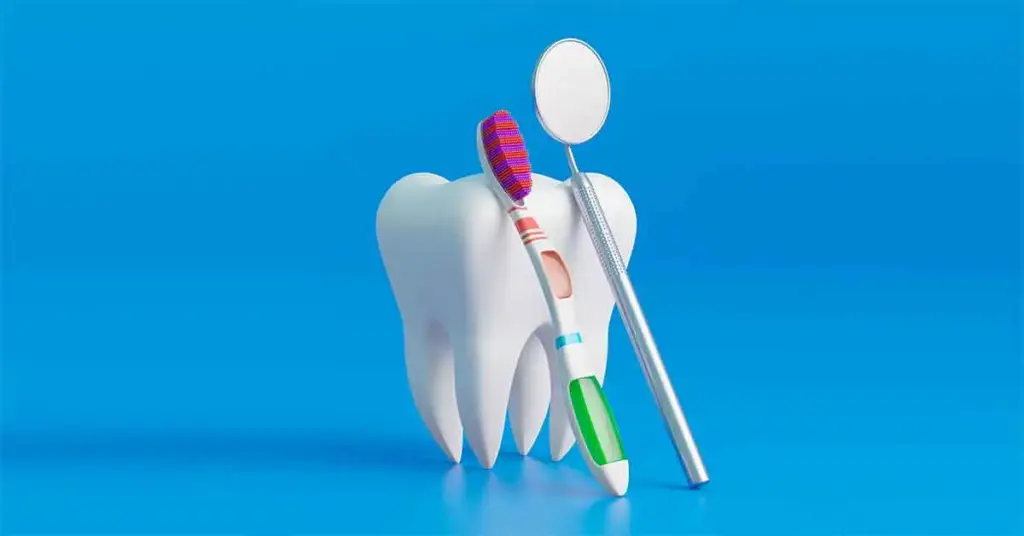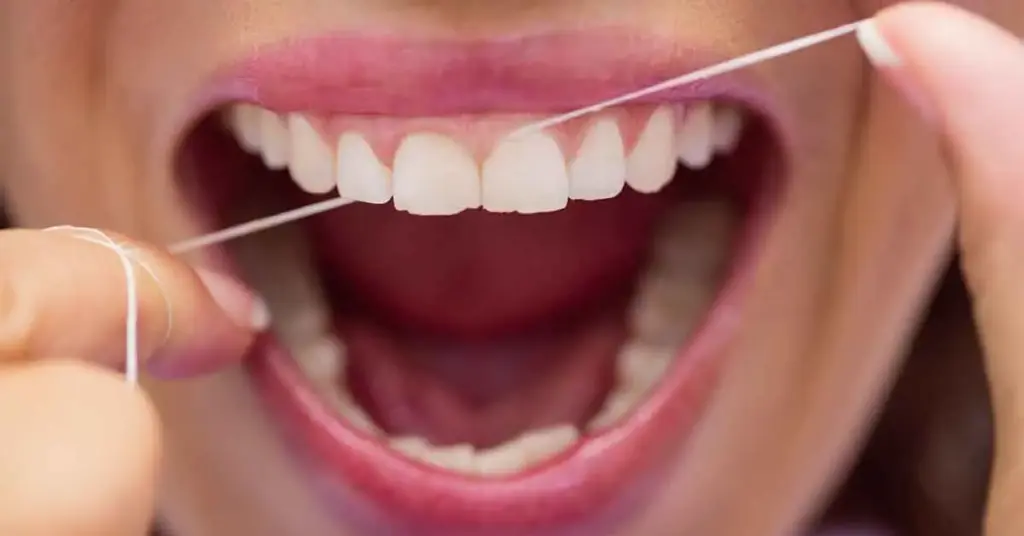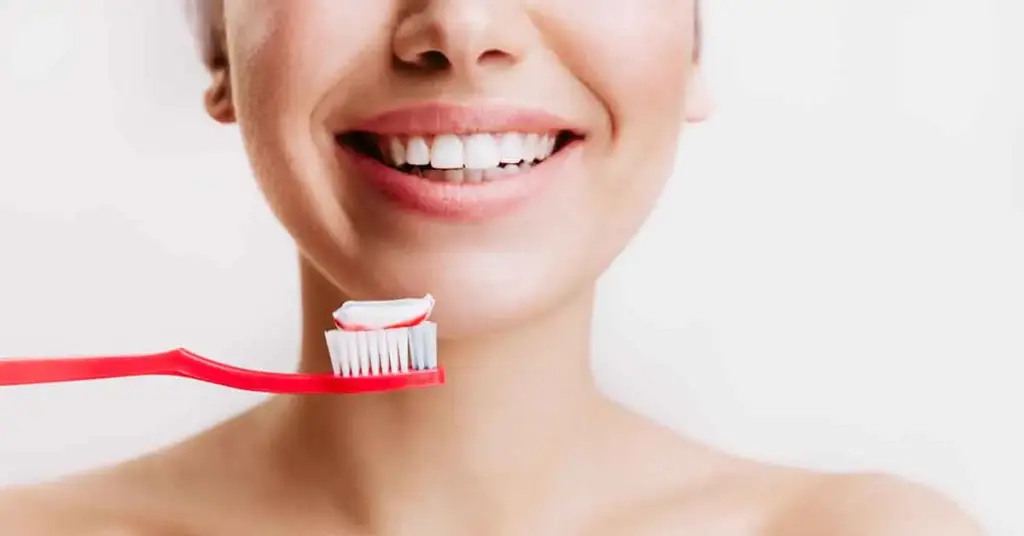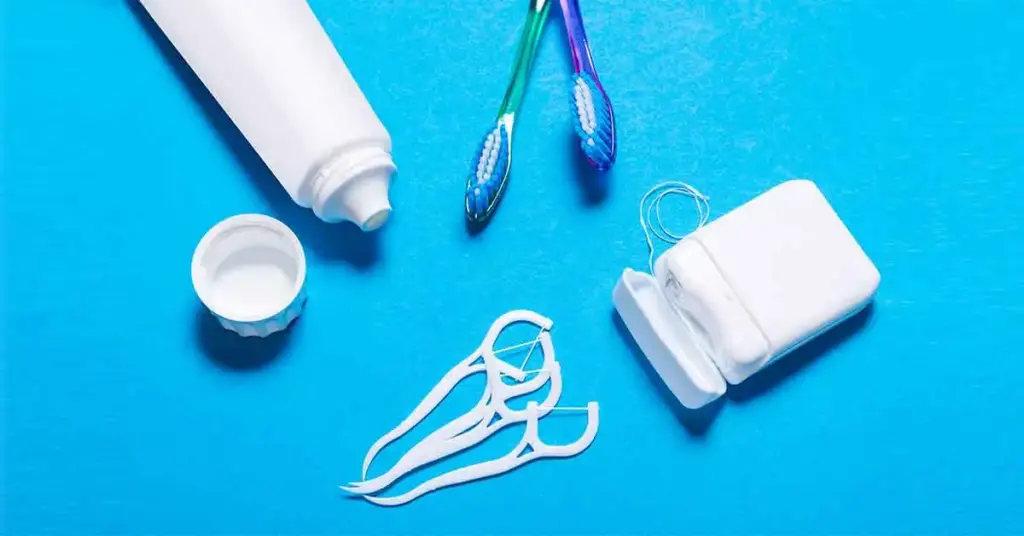Table of Contents
ToggleMany people who care about their dental health believe that brushing their teeth at least twice a day is sufficient care. However, brushing alone does not ensure complete oral hygiene. Food debris that remains in the narrow spaces between teeth, especially, can lead to bacterial growth and cavities over time.
This is where interdental cleaning becomes an integral part of dental care.
Benefits of interdental cleaning:
- Prevents gum disease
- Reduces plaque and tartar formation
- Significantly prevents bad breath
- Reduces the risk of tooth decay
- Stops the spread of bacteria in the mouth
According to experts, cleaning with tools such as dental floss or interdental brushes provides deep hygiene in areas that cannot be reached by regular brushing. This type of care, which plays an effective role in the fight against tooth decay, is the key to a healthy smile.
Precautions to Take to Prevent Tooth Decay
Preventing tooth decay is not just a momentary effort, but a lifelong habit. Acids that damage tooth enamel multiply, especially under the influence of sugary foods and drinks. Therefore, diet, cleaning habits, and regular check-ups should be evaluated together.

Key points to consider for protecting against tooth decay:
- Consumption of acidic and sugary foods should be kept to a minimum
- Teeth should be brushed effectively twice a day
- Interdental cleaning products should be used regularly
- Fluoride toothpaste should be used
- Professional teeth cleaning should be performed every six months
You should protect your teeth not only for aesthetic reasons, but also for long-term oral health. Maintaining a balanced environment in the mouth has a positive effect on overall health.
How Should Interdental Cleaning Be Done?
When done with the right techniques, interdental cleaning can prevent gum disease and tooth decay. However, incorrect techniques can damage the gums. Therefore, the choice of tools and method of application is extremely important.

Steps to follow for effective interdental cleaning:
- Gently place the dental floss between your teeth
- Clean the plaque by moving the floss up and down along the edge of the tooth
- Use a different section of the floss for each interdental space
- Use an interdental brush for wide spaces
- Rinse your mouth with mouthwash after cleaning
Although it may seem difficult to get used to at first, you will see the effects as you continue this routine. Dental floss greatly reduces tooth decay and bleeding gums.
How to Create a Comprehensive Dental Care Routine
Brushing your teeth daily is, of course, the foundation, but it is not enough on its own. You need to take a holistic approach to oral health. Dental care should be supplemented with both mechanical cleaning and chemical support.

Basic steps for a strong oral care routine:
- Brush your teeth after breakfast and before going to bed at night
- Clean between your teeth daily
- Reduce oral bacteria by cleaning your tongue
- Balancing oral flora with fluoride mouthwash
- Consulting a dentist about toothpaste and brush selection
Regular cleaning of all areas of the mouth also prevents gum recession. This allows both the aesthetic and functional structure of the mouth to be preserved for many years.
Which interdental cleaning product is right for you?
Various products are available for interdental cleaning. However, each individual’s oral structure is different, and product selection should be made accordingly. The wrong product can cause irritation rather than cleaning.

Product recommendations suitable for tooth structure:
- Dental floss: Ideal for normal tooth gaps
- Super floss: Suitable for those with orthodontic wires or implants
- Interdental brush: For individuals with wide gaps between teeth or receding gums
- Water jet (oral irrigator): A good alternative for those with limited manual dexterity and sensitive gums
The most appropriate product should be determined by a dentist. Incorrect product use can delay healing, especially for individuals with a history of gum disease.
Small Steps Make a Big Difference
Focusing only on what is visible is not enough to maintain your oral health in the long term. Plaque and bacteria hidden between teeth can lead to serious dental problems over time. Therefore, interdental cleaning should be considered not just a recommended but a mandatory step in oral care.
Regular interdental cleaning:
- Prevents tooth loss
- Reduces treatment costs
- Improves quality of life
- Provides a confident smile
- Has a positive impact on overall health
Remember, oral health is directly linked to your overall health. A small step you take today can protect you from major problems tomorrow.
Various treatment methods are used to save teeth affected by decay. You can take a look at these treatments.
You can check out what we’re up to on social media: Facebook, Instagram

